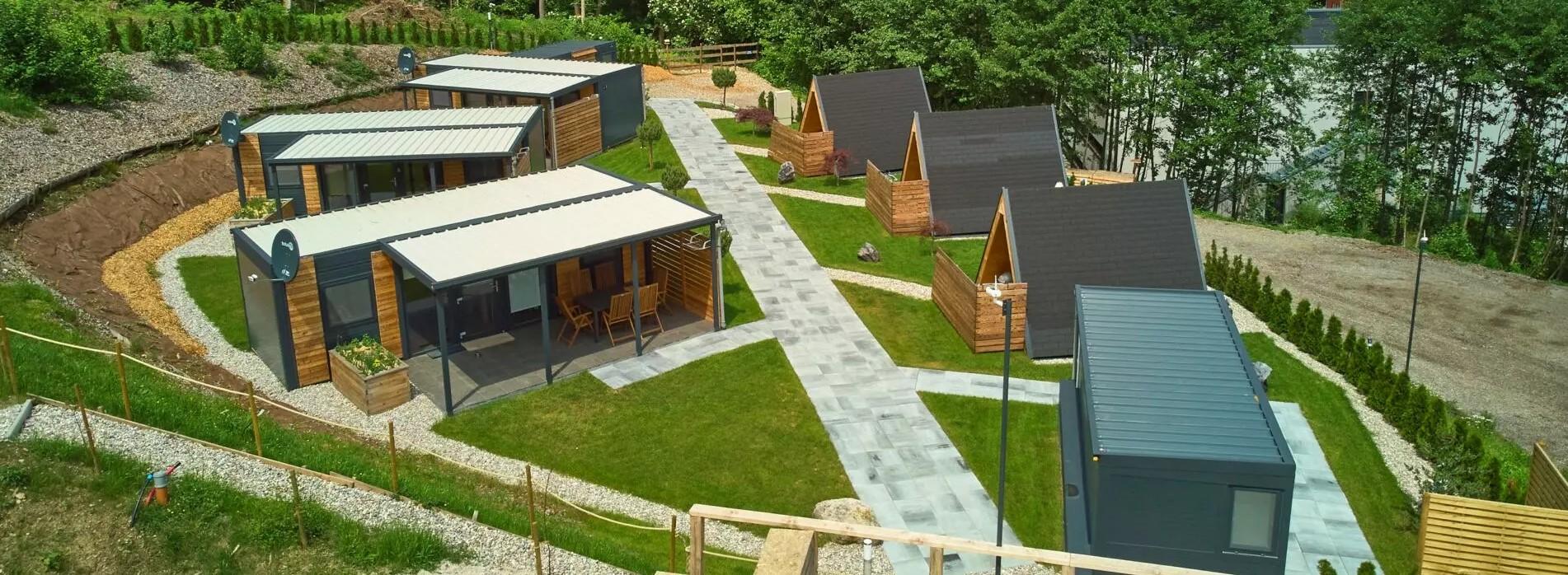A modern glamping site with luxury cabins will be built in the village of Peristerona, located in the picturesque area of Paphos. After a thorough assessment in December 2024 involving nature conservation experts, ornithologists, and representatives of local environmental organizations, the Cyprus Department of Environment gave the project a positive review. The experts noted that part of the territory adjacent to the protected area will remain untouched and will be landscaped to preserve the ecosystem.
Tourists can look forward to
The glamping site will consist of 20 dome houses, each with an area of about 50 m², designed to accommodate up to four people. Each cabin will have a shower with hot and cold water, a toilet, a Jacuzzi, and a small wooden terrace.
The houses will be classified as "semi-permanent" structures without foundations that can be quickly assembled and dismantled. Convenient dirt paths will be laid out on the grounds and will be accessible to people with limited mobility.
Guests will have access to common areas, including sanitary facilities, a restaurant, a playground, outdoor exercise equipment, and parking spaces for people with disabilities.

The site will offer eco-activities and promote sustainable development
The new glamping site will offer a wide range of outdoor activities, including cycling, hiking, birdwatching, and fitness classes. The project involves planting over 250 native trees and shrubs to preserve the natural landscape. A "green shield" of tall trees will be planted around the cabins to provide shade and privacy.
Water purified at the site's biological treatment plant will irrigate green areas and agricultural land. A rainwater collection system is also planned to minimize runoff outside the site.
Contributions to local infrastructure
More than 3,000 m² of land will be transferred to a public park and municipal facilities, creating an additional recreational area for Peristerona residents. Maintaining a significant distance of 125 m from the protected area will minimize environmental impact and preserve the region's unique natural balance.
